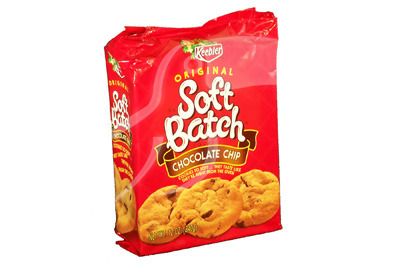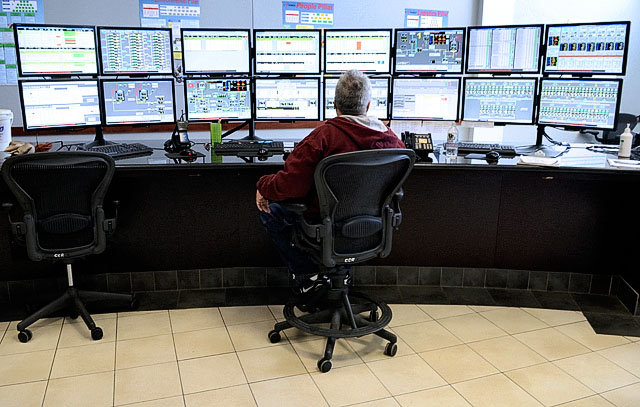casualbrewer
Well-Known Member
- Joined
- Jun 11, 2015
- Messages
- 477
- Reaction score
- 100
The more I brew and the more I taste "craft efforts" the more I appreciate how hard it must be to create a BMC even though it is "flavorless" p!zzwater as some on here call it. This has had me thinking that a BMC style beer is probably greatly harder to perfect than anything we make. It seems much harder to "craft" a light lager however much it is criticized. I find myself trying to create a light lager for one of my taps and I just cant replicate the "cheap beer" bought in the store for a quaffable session drink that I can have more than a few of. My other beers such as my Belgian wit, octoberfest, and chocolate milk stout all come out perceivably good in comparison which I believe is due to all the different ingredients covering up off flavors. So who is better at crafting beer? Seems all craft beer makers are producing beers with a lot of different things going on while BMC is producing light beers from a very simple ingredient list with zero variations. So is BMC great at producing simple (bad) beer while the craft market/home brewers are great at producing average beer with more extensive ingredients? How many people on here can truly produce a light lager within style that can replicate the consistency of BMC?
I am not promoting BMC beers or bashing anyone's craft efforts but merely just pondering how hard it must be to produce beer at that level consistently. Flame away
I am not promoting BMC beers or bashing anyone's craft efforts but merely just pondering how hard it must be to produce beer at that level consistently. Flame away








